1
Steph W. from SEOPressor


👋 Hey there! Would you like to try out this New AI-Powered App that'll...
...help you check your website and tell you exactly how to rank higher?


96
score %
SEO Score

Found us from search engine?
We rank high, you can too.
SEOPressor helps you to optimize your on-page SEO for higher & improved search ranking.
By winniewong on February 6, 2017

Speaking to computers was first popularised in Star Trek, and as with so much science fiction, became science fact within a matter of decades.
It started to go mainstream with Siri, and Microsoft soon entered the fray with Cortana. Now Amazon’s Alexa is entering the fray, people are starting to see how voice can help them during their searches.
Google has responded to the trend by creating Google Voice Search, while iPhone now has the Vlingo app, to offer a dedicated search service using voice.
Voice Search is now being used by more people than ever. 41% of adults speak to their phones, while 55% of teens do, suggesting the practice will only become more commonplace in the future.
There have been several major watershed moments in the short but rapid history of Search Engine Optimization, and now people are worried that Voice Search could disrupt this evolution in a major way.
Fears about current best practices quickly becoming defunct as voice search changes how people search.
Well, don’t panic.
Looking deeper into Voice Search will make it clear that current SEO practitioners have nothing to fear. The same techniques, approaches and structures in use now will continue to be used as voice search becomes more commonplace.
This fear expects everything to change to suit voice search. In fact, voice search has been designed to fit within existing structures.
Remember, Google and other major search engines have created and evolved this system over years to make them more successful in what they do – they aren’t about to throw all that away.
If you’re not convinced by that, then here are some great reasons why Voice Search won’t kill SEO, and why it’s actually a great opportunity for certain types of business to dominate a new and relatively uncompetitive market.
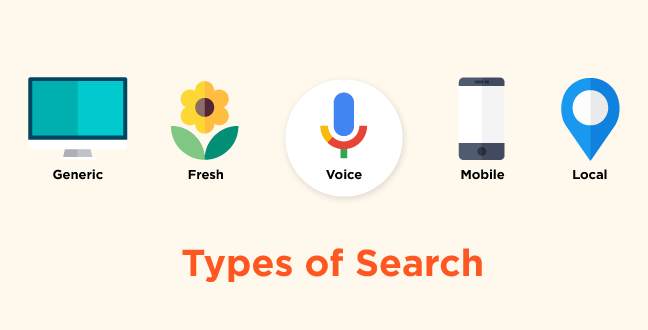
Voice Search in a new type of search, added on top of other existing ones.
Voice Search doesn’t replace or supersede any other types of searches. It simply adds a new dimension to existing search types.
You might be thinking there’s only one other type of search – typed. But that’s not strictly true either. Within those searches, you have four key categories which I told you about in my previous post. To recap, these are:
All of these are identified based on contextual clues in the search itself. Voice Search is a new fifth element. It bears some similarities to those above, but it is also different enough to stand on its own as a unique category. How can I say that?

Voice search and typed search are used for different purpose for different intent.
People use different tools in different ways, and this has always been the case. We have in-built preferences on how we choose to look for certain information, and we’re already discovering that there are clear preferences when it comes to using voice search.
For instance, voice search is primarily used when with friends or while watching television (and therefore, away from the computer). It’s still an ‘alternative’ rather than a ‘preferred’ way to search.
In many cases there are specific contextual reasons why voice search takes preference.
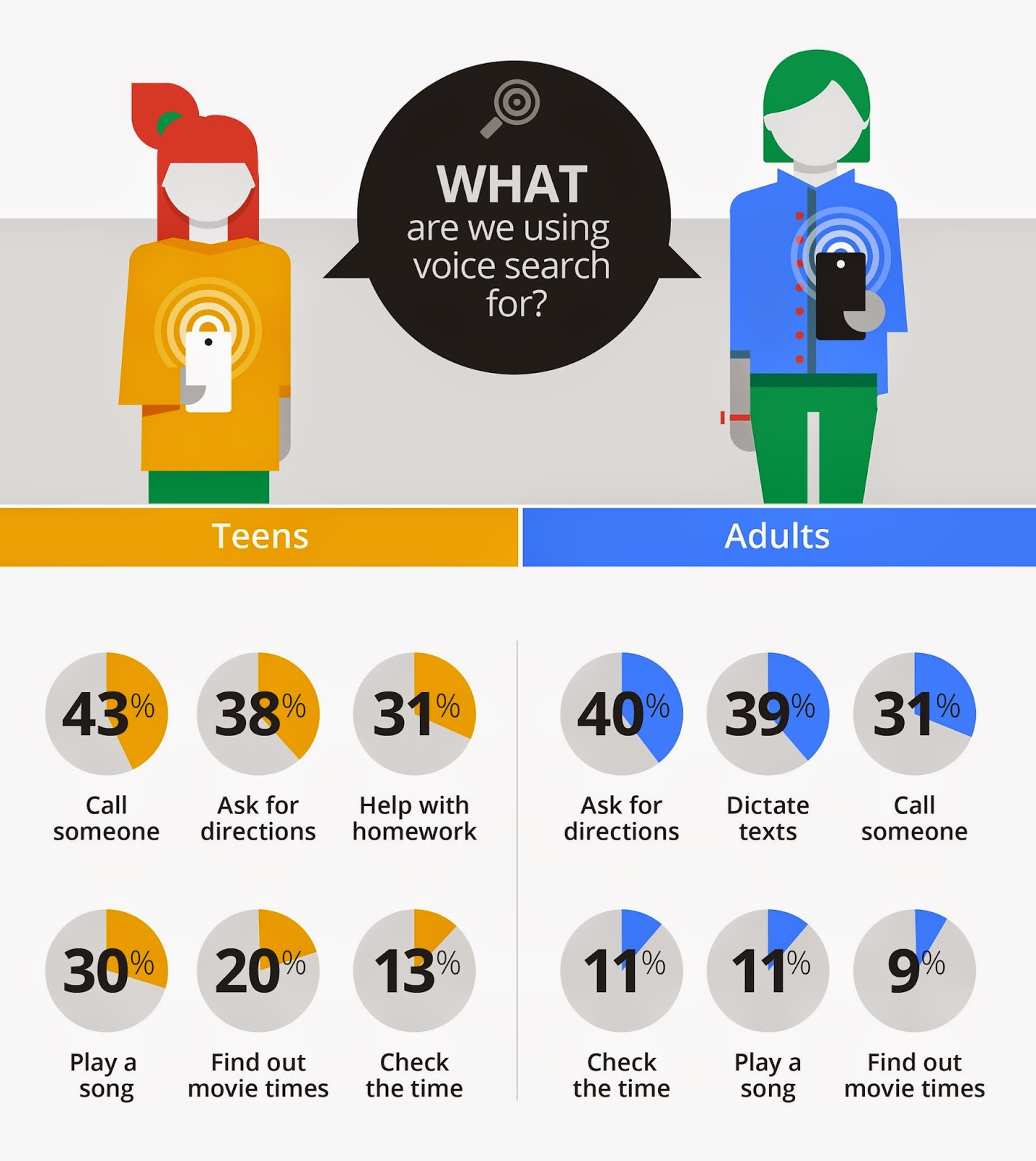
Voice Search is used for different intent and purposes compared to typed search.
As you can see from the above, people use voice search for things they already know how to get (songs, time, contacts and so on) or things with definite answers (cinema times, research, directions and so on).
An important consideration is that voice search is also the most immediate form of searching. People use voice search for things they intend to do now, or next.
This is a very small proportion of the searches people make in total, and a narrow band that wouldn’t apply to most SEO strategies. As such, voice search optimization will become a new branch of SEO, rather than replacing what’s there already.
By comparison, mobile searches are primarily used to aid in purchasing decisions. People compare prices, read reviews and double check special offers before making a purchase.

Mobile users most of the time are already on the move and their search are related to what they are trying to accomplish that very moment.
Desktop searching is still the primary means by which people find detailed information and content to read. This is where most of the real work on search engines is done, including complex refinement, navigational search and more.
I share this with you because it shows you that your audience may be optimizing itself toward a specific method of searching. That’s valuable information in itself.
If your focus is on the kind of people who do desktop searches, then you needn’t bother optimizing for voice search at all, as they’re almost completely unrelated. Great news!
Hopefully this has helped you see that SEO is not under threat from voice search. With that put to bed, let’s talk about the opportunities that voice search SEO can afford for a wide range of different businesses.
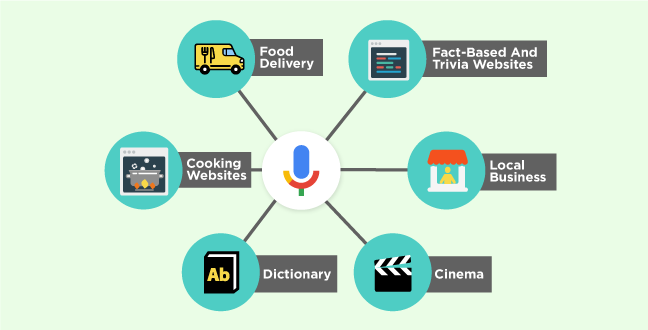
Voice search benefits mostly with brick and mortar businesses who utilize a lot of local SEO as well as websites providing quick answers.
Voice Search obviously has an upside. Google, Apple and others wouldn’t have spent a fortune creating it if it didn’t.
So, having touched on the kinds of businesses who can probably skip voice search optimization, what are the businesses that have something to gain from the introduction of voice search?

Optimizing for voice search is mostly similar to what you’re already doing for desktop and mobile search, but with more focus on natural language keywords.
Now the advantages are a little more obvious for those who stand to benefit, the question of how to go about getting that benefit is one that might intimidate some beginners.
I said it before and I’ll say it again, Don’t Panic!
All the things you need to do to optimize for voice search are part of normal SEO best practices anyway. You simply have to tweak them to get the best benefit for voice search.
The biggest difference between SEO for text searches and for voice searches is naturalism. You need to prepare your website not for how people put things into Google, but for how they speak in everyday life.
Here’s a hit-list that should help you do just that:
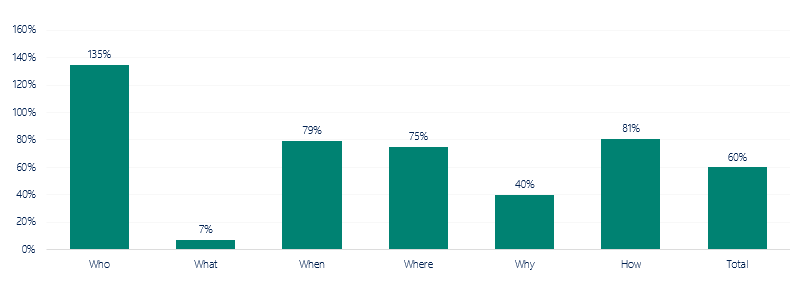

For now, voice search is done mostly on mobile and is quite limited in usage. Will they replace typed searches on desktop as well in the future?
Remember how I told you not to panic? Well now with any luck you’ve started to get excited instead.
There really is no cause for alarm when it comes to Voice Search. It’s an exciting new dimension that will provide new opportunities, especially for those who might have been underserved by traditional search engine practices.
That said, if you’re I one of those ‘opportunity’ industries, you’ll want to keep a close eye on how voice search affects your business. Keep your ear to the ground for updates and developments on how voice search will provide people with results, and tailor your approach accordingly.
If you want to better understand voice search, my biggest recommendation would be to start using voice search. Only 44% of adults are using it, though that number is sure to grow rapidly as the advantages become more pronounced.
By getting ahead of the curve before the voice searching community becomes a majority, you can gain first-hand insights into how it works, which will inform your strategy immensely.
For most businesses that rely heavily on SEO for their traffic however, voice search should have very little disruptive effect. Could Voice Search eventually replace typed searching, and could that have a huge effect on SEO?
Anything is possible. For the time being at least, it seems highly unlikely.
Have you been affected by voice search? Or have you seen an opportunity to take advantage of it for your business? If so, tell us your story in the comments section below!
Updated: 25 April 2024
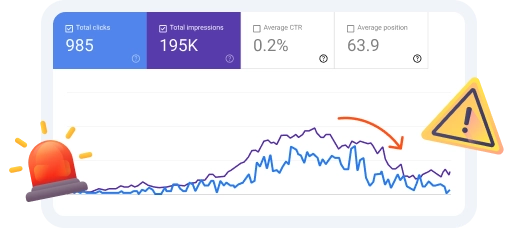
Gotcha.

Generate 5,000 words in under 5 minutes

Publish 100+ blog posts monthly

Rank in the Top 10 with SEO-optimized content

Drive 500K organic traffic
Rank in the Top 10 now with Longform AI
Save 67% today (As low as $14.69/mo)
